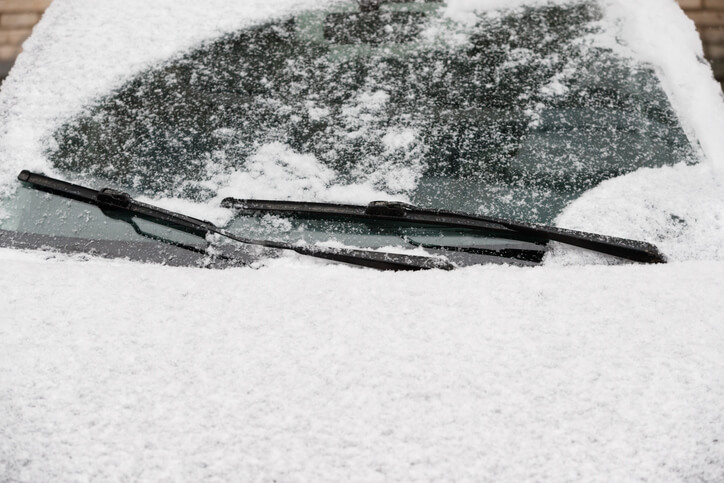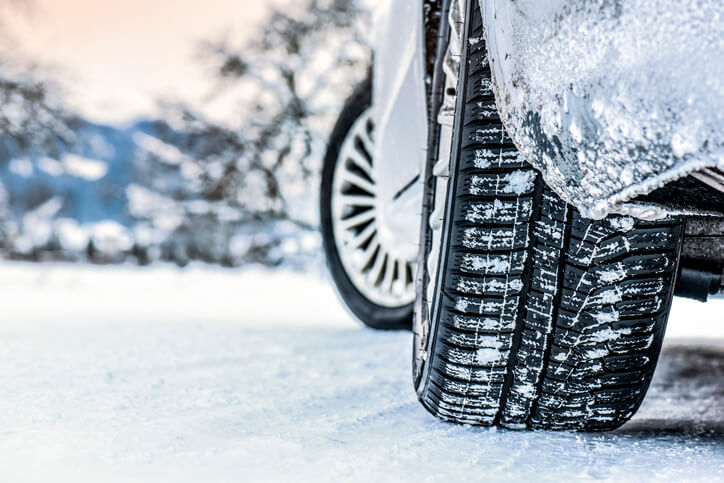Winterizing 101: Top Vehicle Prep Tasks for Aspiring Mechanics
Nobody wants to get stranded in a snowstorm because their car wasn’t properly prepared for winter. In automotive training in Montreal, students quickly learn that winterizing is an essential skill for aspiring mechanics.
Whether you’re enrolled in an auto mechanic school or looking to expand your skills, mastering seasonal prep tasks ensures vehicles remain safe, reliable, and ready to take on harsh weather.
1. Check the Battery and Electrical System
Cold weather is especially hard on car batteries. Students in automotive training programs are taught to inspect battery terminals, check for corrosion, and test battery health. A weak battery can fail without warning in freezing weather, so replacing older units is recommended.
Electrical systems, from alternator belts to vehicle lights, also demand inspection. Proper lighting and functional charging systems ensure both visibility and reliable starts on frigid mornings.

2. Change Oil and Inspect All Fluids
Switching to a winter-grade oil helps engines perform better during cold starts. Mechanics-in-training also learn the importance of antifreeze, ensuring a proper 50/50 mix that prevents freezing while protecting the engine from overheating.
Other fluids, brake, transmission, and power steering, should also be topped up and inspected. Washer fluid is especially important; winter blends resist freezing and keep windshields clear of slush and salt.
3. Test the Heater and Defroster
Comfort directly impacts safety in winter. Students in automotive training in Montreal are trained to check heaters and defrosters to guarantee clear visibility and warm interiors.
Replacing worn wiper blades, upgrading to winter-specific models, and ensuring washer nozzles function properly are equally vital. Clean, functional lights and defrosted mirrors also maximize driver safety in snowy conditions.

4. Replace Wiper Blades and Ensure Visibility
Switching to winter tires isn’t just good practice. It’s the law in Quebec. Students at auto mechanic school programs are reminded that tire compounds designed for cold weather dramatically improve grip, braking, and overall safety.
Checking tread depth, pressure, and tire condition is critical, as is inspecting brakes for wear and fluid quality. Together, good tires and well-maintained brakes provide control and confidence on icy roads.
5. Emergency Preparation
A key lesson in winter prep is anticipating the unexpected. Mechanics are encouraged to advise drivers to carry an emergency kit with essentials like jumper cables, blankets, snacks, and a snow shovel.
These small steps can make a big difference when dealing with breakdowns or sudden snowstorms.
6. Examine Brakes and Brake Fluid
With many auto mechanic schools offering hybrid and electrical mechanic training, understanding EV-specific winter prep is vital. Cold temperatures reduce battery range, so preconditioning and keeping vehicles plugged in help maintain efficiency.
Regenerative braking may behave differently in extreme cold, making tire choice and driver awareness crucial. Mechanics trained in these systems are well-positioned to meet the growing demand for EV expertise.
How Automotive Training Montreal Builds Essential Mechanic Skills
Winterizing is more than routine maintenance; it’s a core competency for every mechanic. Students in automotive training Montreal programs gain hands-on experience with these tasks, from battery checks to winter tire installation.
For aspiring professionals, mastering seasonal prep not only keeps vehicles safe but also showcases the attention to detail customers rely on.
Start your journey today with hands-on auto mechanic school training and build the skills you need to keep vehicles safe, reliable, and winter-ready.
Contact ATC Montreal Today!


